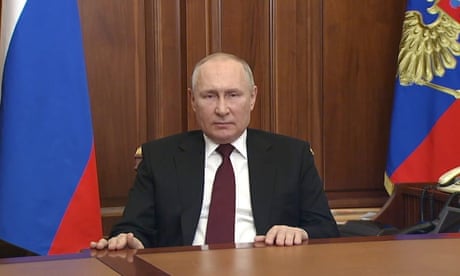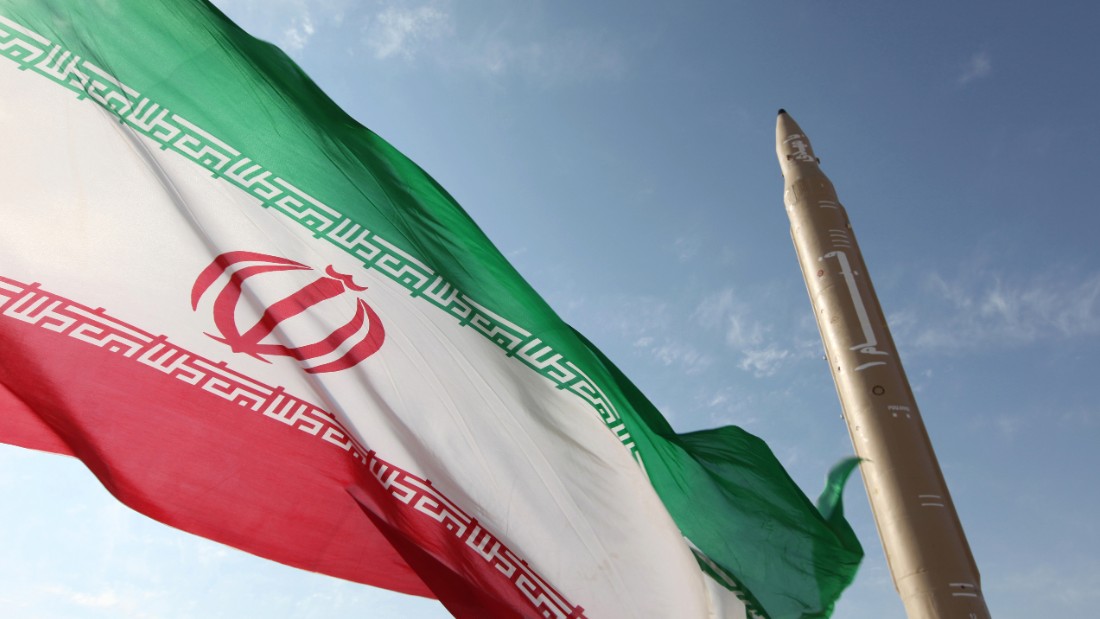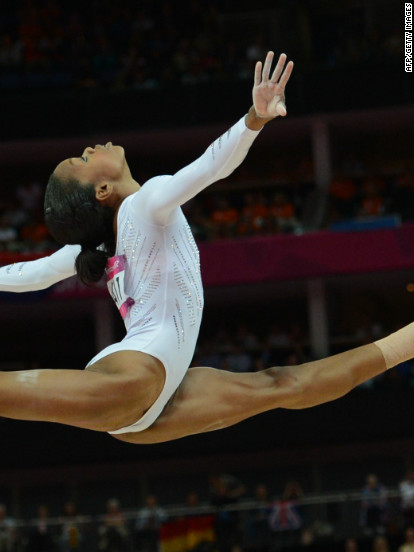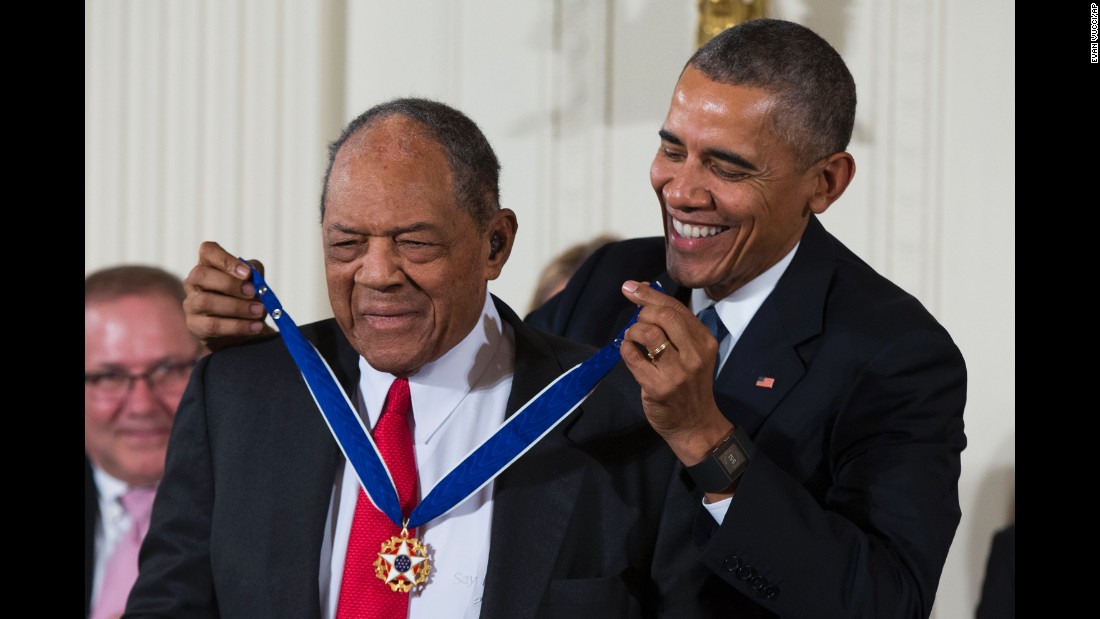- by cnn
- 25 Apr 2024
Vladimir Putin: What�s going on inside his head?
Vladimir Putin: What�s going on inside his head?
- by theguardian
- 27 Feb 2022
- in news

You've all seen it now. The small, mean, vicious yet weirdly blank eyes. The stubby stabbing fingers that jab as he humiliates his underlings, making them shake with fear. The joy he takes in sadism. It's almost comedy villain stuff. But cliches exist for a reason. And we need to stop kidding ourselves about Putin - and start taking steps to deal with him.
For decades we've wanted to avoid the challenge. Not so much appease as just hope he goes away. It's a headache having to face up to the blunt fact that Putin is trying to utterly change the world. His aims are impossible to ignore now. The Kremlin's foreign policy thinktanks are already churning out articles about how his invasion of Ukraine means the start of a "multipolar world". Ignore the geopolitical PR. All multipolar means here is emboldened fascism. Before the political scientists among you get all carried away debating endlessly what "fascism" means let me explain my terms.
I mean Orwell's boot stamping endlessly on people's faces. I mean the underlying psychology that shines through in the violence that suffuses all of Putin's language. Just last week, to give one small example, as Putin spoke with Macron, the Russian president casually invoked a Russian rape joke about Sleeping Beauty to explain what he would soon do to Ukraine. Conflating Ukraine and Sleeping Beauty, he gleefully put himself in the role of the rapist: "Whether you like it or not my beauty, you will need to put up with all I do to you." (It rhymes in Russian.)
I mean the way he uses grievance narratives, always complaining how the world has put him down. There are many people - minorities, the economically disadvantaged - who bear righteous grievance. But when the world's richest man, a blatant bully, does it, it means something else.
The German psychoanalyst Erich Fromm, in his great study of the Nazi mind, described how for the Nazis claiming they were victims was really a way to excuse how they would victimise others. It's the same for Putin. His regime is, on the surface, nothing like the Nazis. Russia has its own totalitarian traditions to tap into. But the underlying mindset is the same.
Even his claims to Russia's "spheres of influence" are more about his state of mind than international relations. The issue here is not about rational security demands which can be defined in negotiations and balanced with the security concerns of others - not least Ukraine.
Putin's sphere of influence waxes and wanes. It can mean the Russosphere, the 100 million or so Russian speakers who live beyond Russia's borders, many in the EU. It can mean the mystical idea of a "single people" that encompasses Russia, Ukraine and Belarus. It can denote much of central Europe, the countries which, according to Russia's foreign affairs ministry, were "orphaned" by the end of the USSR and now, it's implied, need to return to the suffocating embrace of Moscow.
- by travelpulse
- descember 09, 2016
Resort Casinos Likely Scuttled Under Amended Bermuda Legislation
Premier announces changes to long-delayed project
read more


